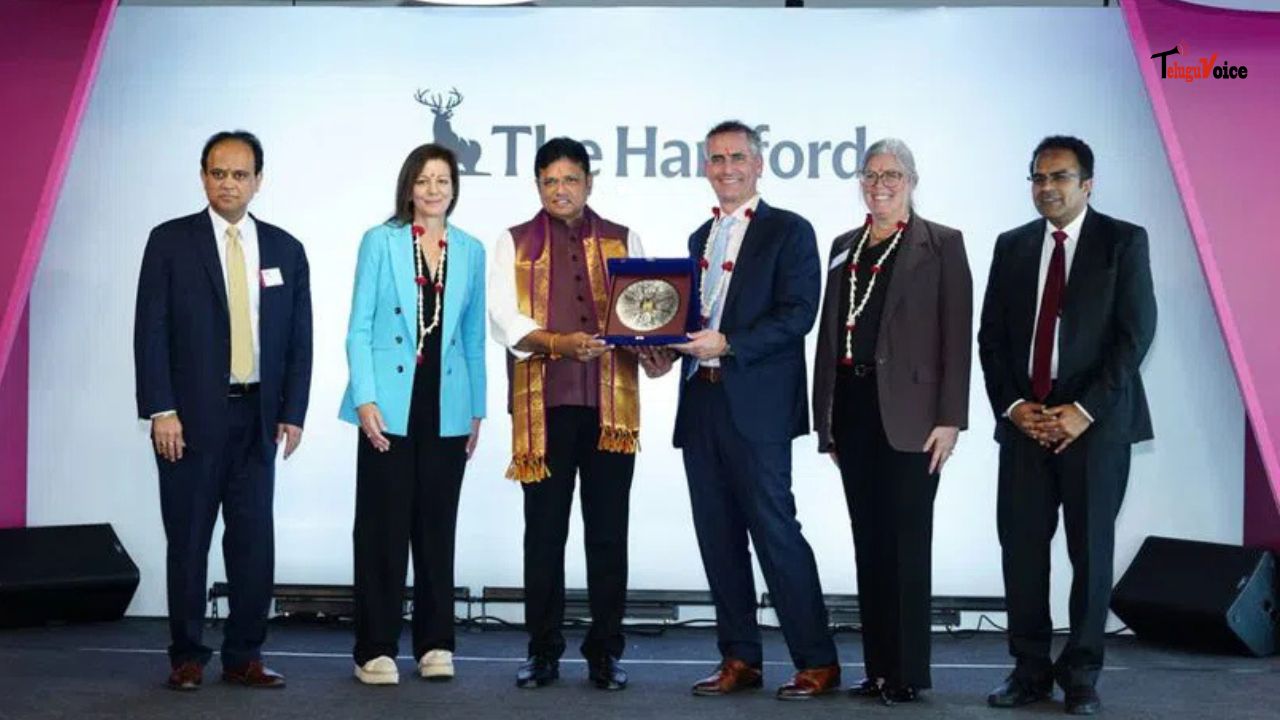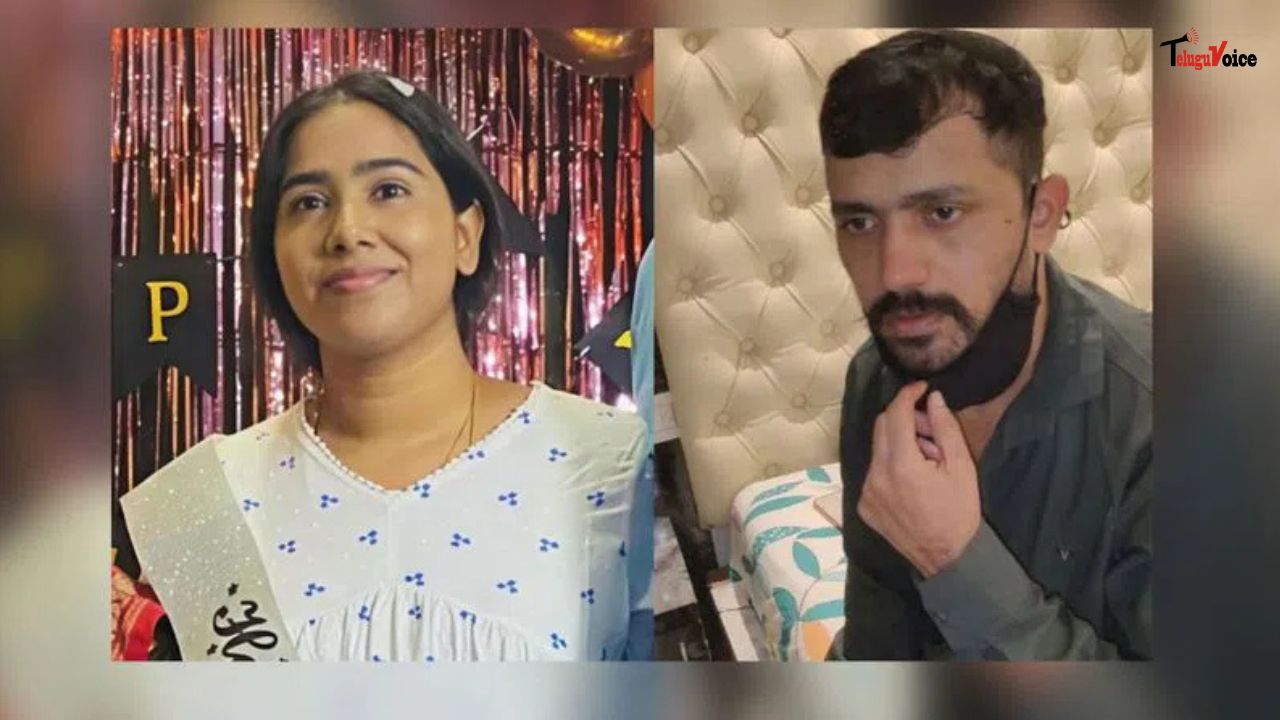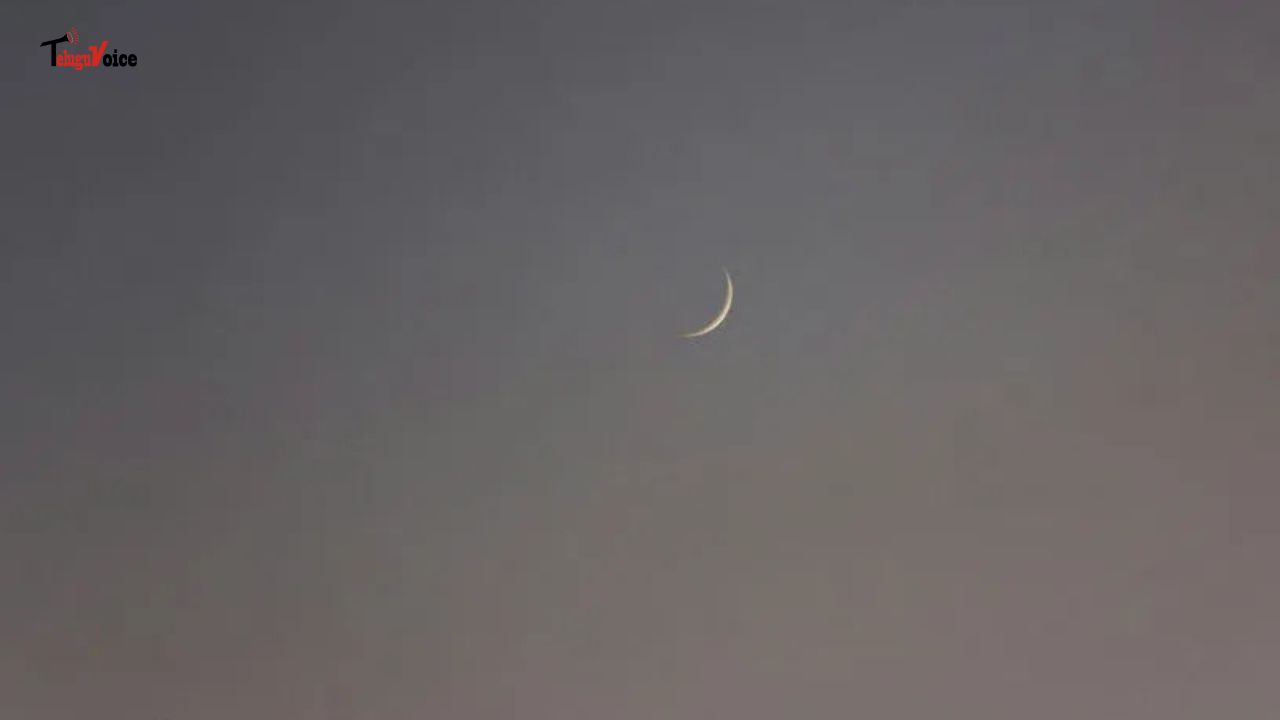WHO Flags Contaminated Indian Cough Syrups Linked to Child Deaths, Calls for Global Vigilance

The World Health Organization (WHO) has issued a global alert after identifying three contaminated medicinal syrups manufactured in India, warning that they pose a serious risk of severe or life-threatening illnesses. Among the flagged products is the widely criticized Coldrif cough syrup, which has been directly linked to the recent deaths of several children in Madhya Pradesh.
The three contaminated products identified by WHO include:
Coldrif Cough Syrup by Sresan Pharmaceuticals
Respifresh TR Syrup by Rednex Pharmaceuticals
ReLife Syrup by Shape Pharma
WHO urged health authorities worldwide to report immediately if these products are found in their markets. The issue has sparked global concern as similar incidents involving toxic Indian-made syrups in other countries have previously caused child fatalities.
Coldrif, manufactured in Tamil Nadu, was found to contain dangerously high levels of diethylene glycol (DEG)—a toxic industrial solvent. Laboratory tests detected DEG levels above 48%, drastically exceeding the safe permissible limit of 0.1%. Ingesting DEG can lead to kidney failure, neurological damage, and death, especially in children.
Following the revelations, the Tamil Nadu government revoked the manufacturing license of Sresan Pharmaceuticals, and its owner, G. Ranganathan, was arrested. Authorities have also initiated large-scale inspections of other pharmaceutical manufacturing units across the state to detect quality lapses.
The tragedy in Madhya Pradesh prompted the Central government to issue a nationwide advisory to all states and union territories. The advisory strongly discouraged the prescription or dispensing of cough syrups to children under two years of age, and stated that they are generally not recommended for children under five.
Health experts have emphasized that this incident highlights a critical need for stricter regulatory oversight, improved testing protocols, and stronger enforcement of drug safety standards in India’s pharmaceutical sector. The WHO alert reinforces the importance of global coordination to prevent such contaminated medicines from reaching vulnerable populations.
This alarming development has reignited debate over drug safety compliance in India, one of the world’s largest medicinal exporters, and underscored the need for urgent reforms to protect public health.

 South Africa tour of India 2019
South Africa tour of India 2019










Comments